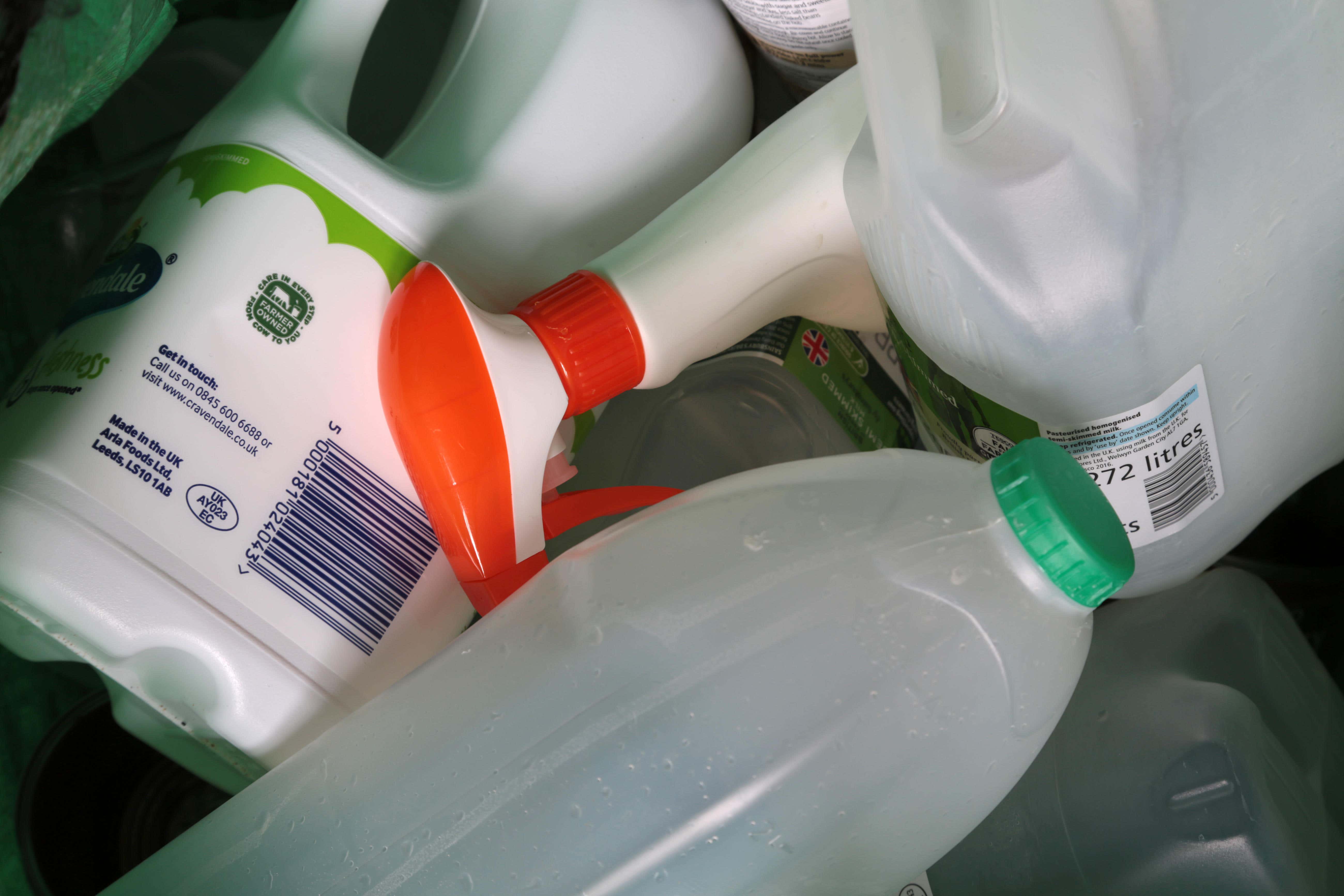Watchdog urges advertisers to clarify ‘green’ household waste claims
Consumers lacked understanding around terms such as ‘biodegradable’ and ‘compostable’, the Advertising Standards Authority said.

Your support helps us to tell the story
From reproductive rights to climate change to Big Tech, The Independent is on the ground when the story is developing. Whether it's investigating the financials of Elon Musk's pro-Trump PAC or producing our latest documentary, 'The A Word', which shines a light on the American women fighting for reproductive rights, we know how important it is to parse out the facts from the messaging.
At such a critical moment in US history, we need reporters on the ground. Your donation allows us to keep sending journalists to speak to both sides of the story.
The Independent is trusted by Americans across the entire political spectrum. And unlike many other quality news outlets, we choose not to lock Americans out of our reporting and analysis with paywalls. We believe quality journalism should be available to everyone, paid for by those who can afford it.
Your support makes all the difference.The advertising watchdog has called for clarity around household waste terms such as “recyclable”, “biodegradable” and “compostable” after finding they were confusing and potentially misleading.
The Advertising Standards Authority (ASA) found that people were likely to understand the differences between products that could be recycled and had been recycled, but were more confused about the term “compostable”.
Participants in the study were most unsure about the term “biodegradable”, and expressed anger and frustration when they learned that this term could refer to an unlimited timescale and that some products could release toxins upon degrading.
This new research shows that the public are keen to dispose of waste in a responsible and effective way, but they need more clarity to better understand the claims being used about disposal
The study found people were proud of their efforts with “green” disposal at home, usually in the form of regular recycling collections, and saw it as a way of “doing their bit” for the environment.
But it found consumers broadly treated green claims in ads uncritically, which risked them having an oversimplified understanding of the terms and how green disposal worked in practice.
The ASA is now calling on advertisers to make sure they are using green disposal terms clearly to allow consumers to make informed decisions about how to responsibly and effectively get rid of waste.
We want to help businesses get it right and to feel confident talking about their green initiatives
It will work with advertisers in the early part of next year to help them “adapt in the light of our findings” but warned it would later act “where necessary on any claims that are likely to mislead consumers”.
ASA chief executive Guy Parker said: “We’re committed to playing our part in combating climate change. This new research shows that the public are keen to dispose of waste in a responsible and effective way, but they need more clarity to better understand the claims being used about disposal. Ads have a role to play in that education.
“We want to help businesses get it right and to feel confident talking about their green initiatives. Our event, combined with this research and new training and e-learning, will offer valuable tools to advertisers to get it right.
“As we enter the beginning of our next five-year strategy, we will continue to help advertisers make sure their ads are legal, decent, honest and truthful.”